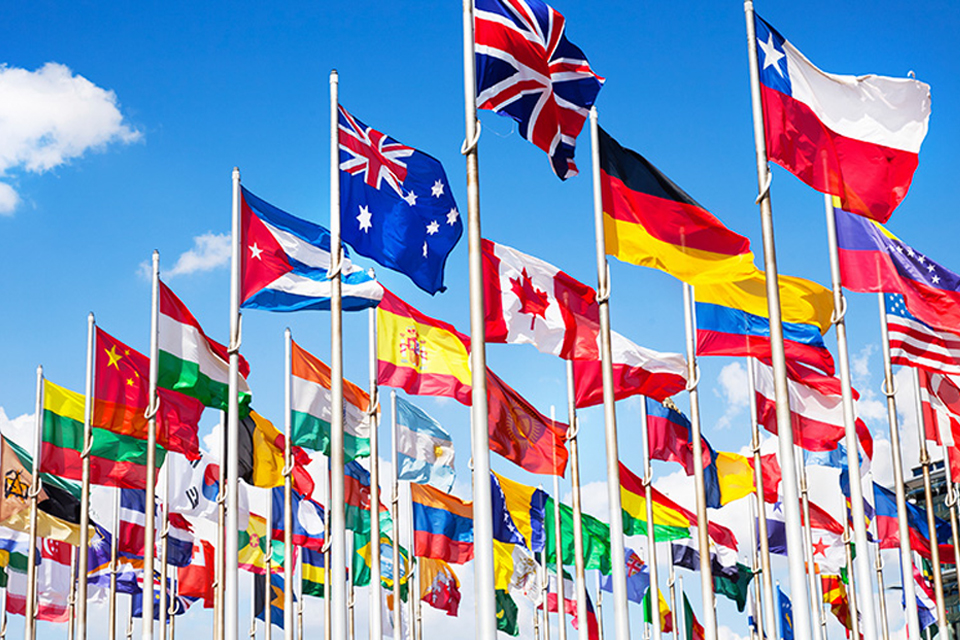A significant diplomatic step was taken by the new NDA ministry this weekend, with Prime Minister Narendra Modi travelling first to the Maldives and then to Sri Lanka. Within a week of installation of the NDA II, the visits assume importance for India. Modi would also soon be heading for an eight-nation global summit under the banner of the Shanghai Cooperation Organisation (SCO) meeting in Kyrgyzstan, at which regional and world leaders would be present.
The first term of the Modi government had not been inspiring when it came to diplomatic relations with neighbours. The PM himself handled from the front and yet the performance, notwithstanding what might have been sold through media internally, was poor. It just about passed muster to the extent that India did not face any major embarrassment during the five years. At the same time, the scenario on the western border and LoC worsened. There has been only marginal improvement in relations with the US and the West. Of late, India’s deals with Iran turned out to be a serious concern yet again for the US, which has begun initiating disciplinary action vis-a-vis trade sanctions. This would prove to be the first serious issue at hand to tackle for newly installed external affairs minister S Jaishankar.
Regional ties remained more or less at a low or negative tone in the last five years. While problems with Pakistan worsened, China kept giving pin-pricks along the border. Even long time ally Nepal is making attempts to distance itself from India and edge closer to China, while Bangladesh as also Bhutan remain close to India but surely not as friendly as before. Sri Lanka is closer to China, and not warming up to India in any significant manner. This, in spite of the Tamil Tiger problem easing out considerably.
The Maldives elections saw some relief as the country seemed willing to re-engage India in positive ways. This might be the reason why Prime Minister Modi has chosen to fly first to the Maldives and give reassurance to the new government about India’s support. On the other hand, the Chinese factor as also the Pakistani role in Sri Lanka remains serious concerns for India.
Pakistan remains the main irritant, although China is the real enemy that has been constantly trying to erode India’s development. The first term of Modi saw a worsening of the scenario with both nations, with strong backing to Pakistan from China. The two nations have been working hand-in-hand to undercut India at world forums. Ignoring or underplaying the seriousness of the letter that came from Prime Minister Imran Khan, proposing revival of talks on matters ‘including Kashmir’ could only jeopardise India’s future interests in terms of international perception. At the same time, the issue of Pakistani airspace remaining closed to Indian flights after Balakot needs immediate attention by India. This obviously is Pakistan’s way of hitting back. The electoral need for Pakistan in the 2019 campaign, a high-pitched campaign of Modi, cannot be ignored. Aversion of the average Indian against Moslems in general and Pakistan in particular, was fully utilized by the BJP and its leadership in this election. The results proved that while PM-KISAN could, to a certain extent, thaw the ire of agriculturists across the country, the anti-Pakistan rhetoric clinched the deal for the BJP in the Lok Sabha. NDA II, however, will need much more than speeches since the economy of the country is under stress. External diplomacy will have direct bearings on economic growth of India in the near future. If relations with neighbours can be improved, the NDA II may have a smooth run. On the other hand, if relations with neighbours and nations further away, do not improve, India will have much more difficult times ahead.
